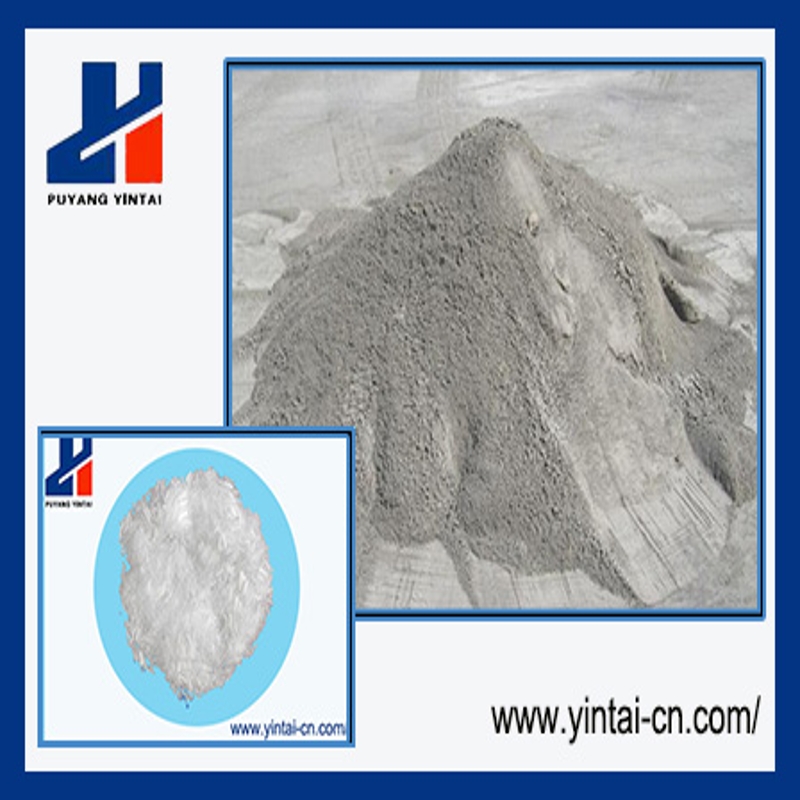-
Categories
-
Pharmaceutical Intermediates
-
Active Pharmaceutical Ingredients
-
Food Additives
- Industrial Coatings
- Agrochemicals
- Dyes and Pigments
- Surfactant
- Flavors and Fragrances
- Chemical Reagents
- Catalyst and Auxiliary
- Natural Products
- Inorganic Chemistry
-
Organic Chemistry
-
Biochemical Engineering
- Analytical Chemistry
- Cosmetic Ingredient
-
Pharmaceutical Intermediates
Promotion
ECHEMI Mall
Wholesale
Weekly Price
Exhibition
News
-
Trade Service
Recently, with the efforts of Japanese researchers, the maximum transmission rate of the current WiFi has soared to 100Gbps, and it only takes 1 second to download ultra-clear movies! This transmission rate was achieved because the researchers used ultra-short wave + multi-channel technology
.
Sponsored by Panasonic and conducted research at Hiroshima University and the National Institute of Information and Communication Technology, the working group enables ultra-high-speed wireless transmission
of 100Gbps using multi-channel technology and the terahertz (THz) band (wavelength up to 1 millimeter).
However, the terahertz band is not currently available for commercial use, and it is not expected to open until
2019.
Today, wireless routers are the last line to limit network speed
.
Taking today's gigabit wired broadband as an example, although it has begun to appear in the world, but users are not enthusiastic, the main reason is that there is no wireless router to match, even the strongest 11ac Wave2 wireless router (the highest theoretical transmission rate of 2167Mbps in a single band), the speed in actual use is usually only 10% (with ordinary mobile terminals).
With the emergence of 100Gbps WiFi, it will not only accelerate the popularity of gigabit wired broadband, but also promote the development of
100Gbps wired broadband.
Professor Minoru Fujishima of Hiroshima University said that today we are still talking about Mbps or Gbps, but soon we will focus on 100Gbps, which is based on terahertz wireless technology, which used to be "imprisoned" in optical fiber, and now we will achieve this extreme speed wirelessly!
Of course, the challenge with terahertz technology is that the wavelength is too short, and terahertz waves contain electromagnetic waves with frequencies of 0.
1 to 10THz, which gives them little ability to
"pass through" objects.
You know, 11ad products based on the 60GHz band have almost no ability to penetrate walls, so don't expect anything for 100Gbps WiFi based on the 300GHz band or above
.
But from a realistic point of view, whether it is 100Gbps WiFi based on terahertz technology or Li-Fi, there is still a long way to go before it is truly commercialized
.
As a result, wireless speeds will lag behind wired broadband speeds for a long time
.
Recently, with the efforts of Japanese researchers, the maximum transmission rate of the current WiFi has soared to 100Gbps, and it only takes 1 second to download ultra-clear movies! This transmission rate was achieved because the researchers used ultra-short wave + multi-channel technology
.
Sponsored by Panasonic and conducted research at Hiroshima University and the National Institute of Information and Communication Technology, the working group enables ultra-high-speed wireless transmission
of 100Gbps using multi-channel technology and the terahertz (THz) band (wavelength up to 1 millimeter).
However, the terahertz band is not currently available for commercial use, and it is not expected to open until
2019.
Today, wireless routers are the last line to limit network speed
.
Taking today's gigabit wired broadband as an example, although it has begun to appear in the world, but users are not enthusiastic, the main reason is that there is no wireless router to match, even the strongest 11ac Wave2 wireless router (the highest theoretical transmission rate of 2167Mbps in a single band), the speed in actual use is usually only 10% (with ordinary mobile terminals).
With the emergence of 100Gbps WiFi, it will not only accelerate the popularity of gigabit wired broadband, but also promote the development of
100Gbps wired broadband.
Professor Minoru Fujishima of Hiroshima University said that today we are still talking about Mbps or Gbps, but soon we will focus on 100Gbps, which is based on terahertz wireless technology, which used to be "imprisoned" in optical fiber, and now we will achieve this extreme speed wirelessly!
Of course, the challenge with terahertz technology is that the wavelength is too short, and terahertz waves contain electromagnetic waves with frequencies of 0.
1 to 10THz, which gives them little ability to
"pass through" objects.
You know, 11ad products based on the 60GHz band have almost no ability to penetrate walls, so don't expect anything for 100Gbps WiFi based on the 300GHz band or above
.
But from a realistic point of view, whether it is 100Gbps WiFi based on terahertz technology or Li-Fi, there is still a long way to go before it is truly commercialized
.
As a result, wireless speeds will lag behind wired broadband speeds for a long time
.







